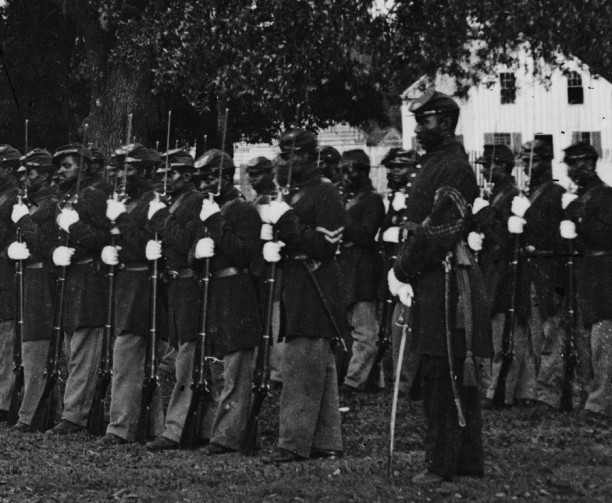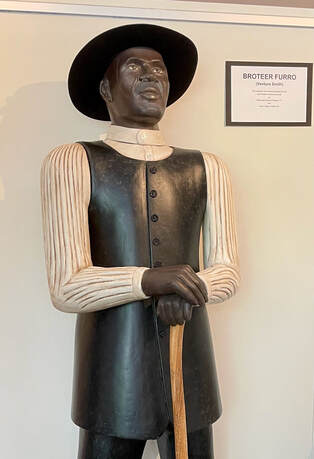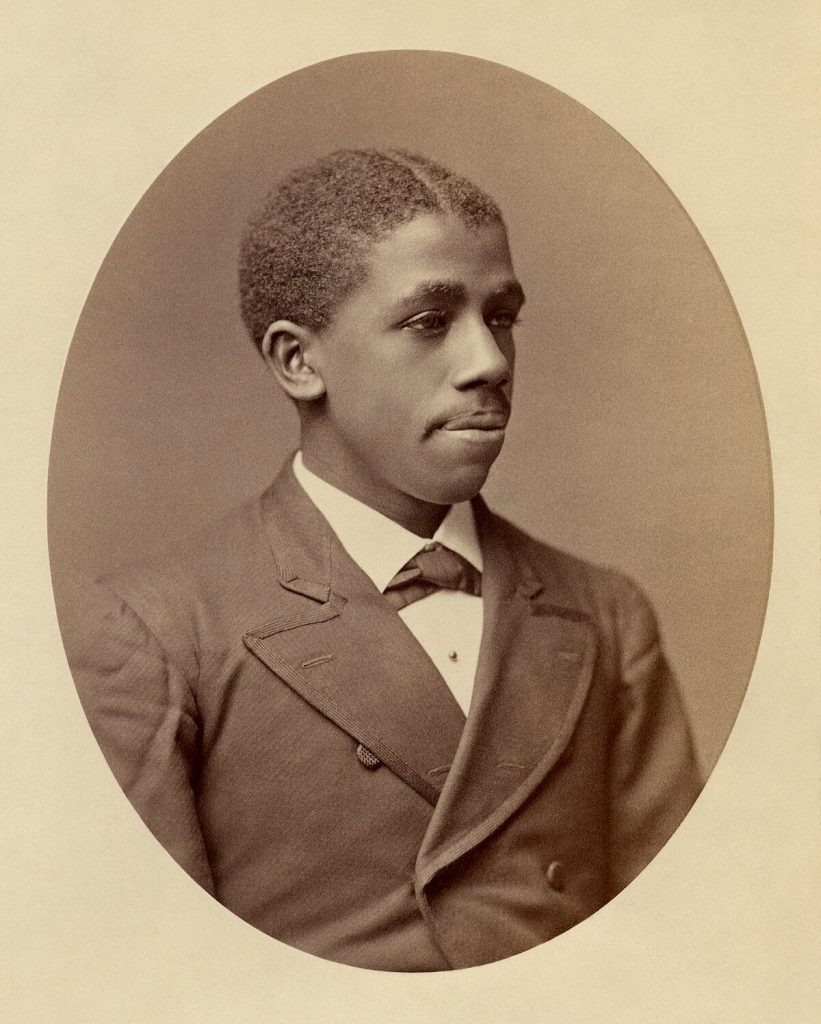By William C. Jackson
The state of Connecticut has a rich history when it comes to the achievements made by Black Americans. From abolitionism to trailblazers, this New England state has played a large role in the Black experience in this region. In this article, we will touch upon some of these achievements.

One of America’s greatest abolitionists hailed from Torrington, Connecticut. According to the Connecticut Tourism Office page CTvisit.com, John Brown was born in this Northwestern Connecticut town. In 1859, he led the Harpers Ferry Raid, an effort to commence an armed slave revolt in the South by overtaking a United States arsenal at Harpers Ferry, Virginia – an effort that has been recognized as a foreshadowing of the Civil War. The pikes used by Brown and his men were actually crafted by the Collins Company in Collinsville, Connecticut and one can be seen on display at the Canton Historical Museum.

Connecticut’s first all-Black military regiment was the 29th Colored Regiment. According to CTvisit.com, the troop faced racism, discrimination, and lower pay than white regiments. Still, they fought courageously and were even the first infantry units to enter Richmond, Virginia after it was abandoned by the Confederate Army. A monument was dedicated in 2008, beautifully commemorating the soldiers who contributed so greatly to both African American and American history.

The nation’s first boarding school for young African American women was right in Connecticut. The Prudence Crandall Museum’s efforts for equal education helped affirm attitudes against slavery and ultimately won the founder, Prudence Crandall a spot in the Connecticut Women’s Hall of Fame in 1995, according to CTvisit.

Venture Smith was a legendary freedman from Connecticut, and he was as bold as his name. According to the Connecticut Post, he was the first-born child of a Guinean prince. Smith was captured and sold into slavery three times. In 1753, he married a slave named Meg. They raised three children and saved enough money to buy their freedom in 1765. Smith lived the remainder of his life as a farmer in Haddam, Connecticut. His memoir, published in 1789, is one of the earliest books of African-American literature.

The first Black United States diplomat in the nation’s history was from the town of Derby, Connecticut. Born in 1833, abolitionist Ebenezer Bassett was the son of Black Governor Eben Tobias. According to the Connecticut Post, he was the first black man to graduate from Connecticut Normal School – now known as Central Connecticut State University. The civil war had just ended when President Ulysses Grant asked him to be the first U.S. minister to the new republic of Haiti, marking the beginning of a long diplomatic career.

In the 1870s, American universities had only graduated six doctors of physics. Edward Alexander Bouchet, a black man from New Haven, was one of them. He was already one of the first African-Americans to graduate from Yale College in 1874 and the first black man to earn a PHD in America. Despite these many achievements, Bouchet was never offered a faculty position and spent most of his career teaching science to high school students.
There are, of course, more stories from Black History and the Black experience in what is known as the “Nutmeg State.” These are only some of the ones that had a powerful impact on American lives, an impact that is felt to this very day.

Hi, Good Morning.
Are You Hiring Full Time or Part Time For Your Company Now?
Please Let Me Know.
Thanks, Debbie Michaels
To the theharlemtimes.com Admin
Are you ready to take control of your Google Maps Rankings and boost your business visibility?
Would you like to learn more about our “Google Maps Ranking” service and how it can help you secure a top spot in local search results, attract more customers, and stand out from the competition?
Let us know, and we’ll share all the details with you!
Reply to this email, and I’ll be happy to share more details with you.
Best regards,
Lelia Hauck
Austria, BURGENLAND, Wildenau, 4933, Ortsstrasse 45
To stop any further communication through your website form, Please reply with subject: Unsubscribe !theharlemtimes.com